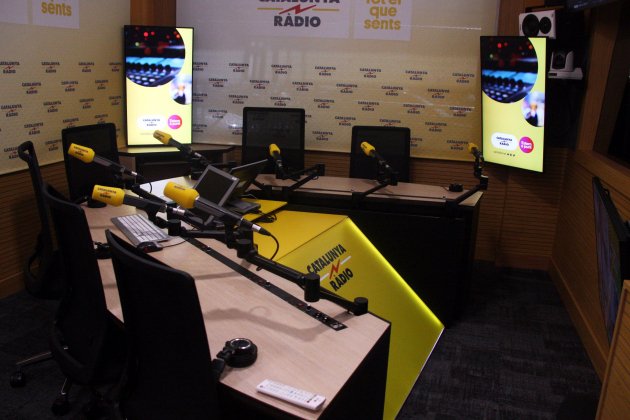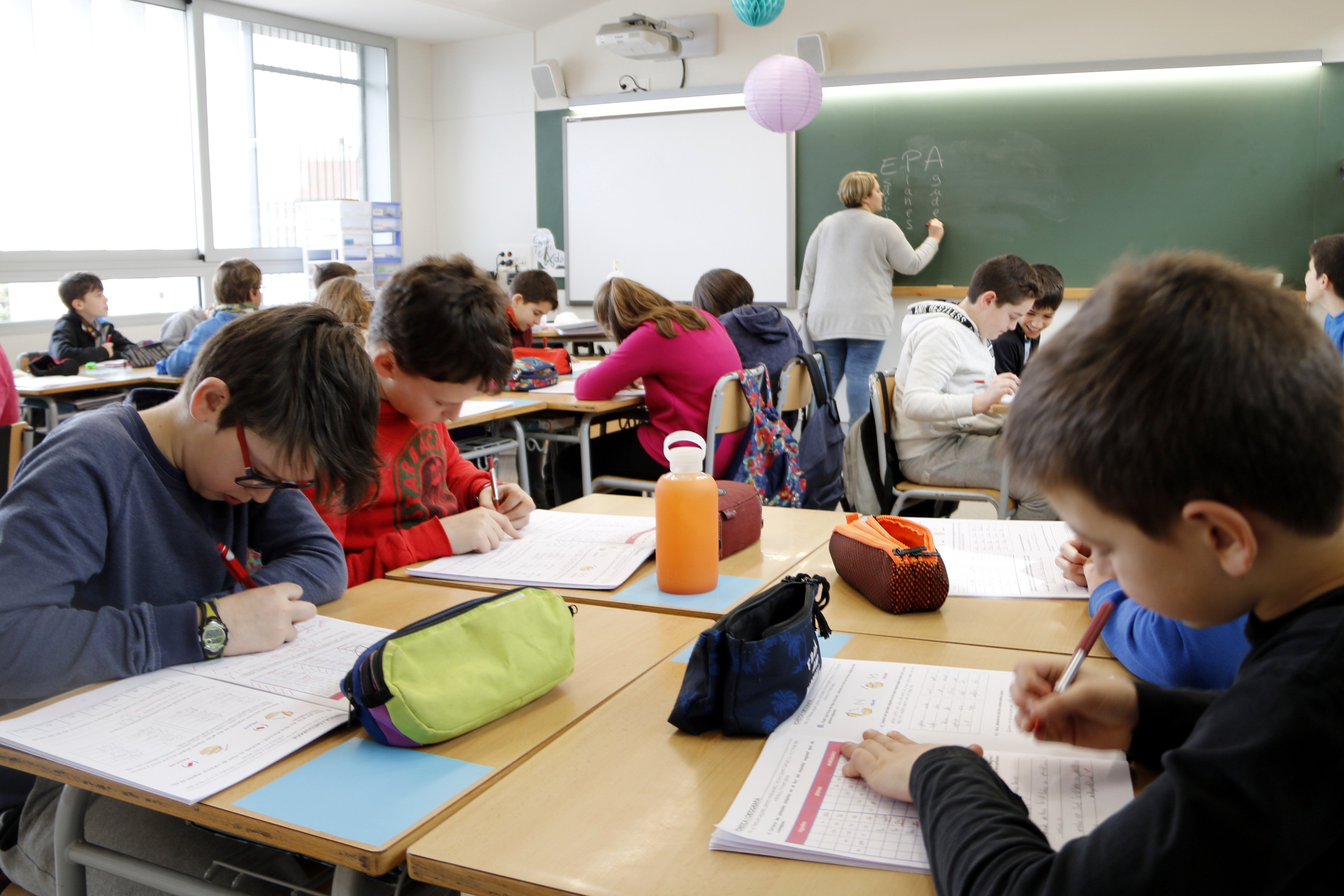Pro-independence party Together for Catalonia (JxCat) has this Tuesday published its election manifesto for the 14th February elections. It is a 342-page document, headed by the proposal to activate the declaration of the independence of Catalonia that was voted in Parliament on 27th October 2017, but never put into practice. It also features 50 star proposals, essentially focused on health and measures to overcome the economic crisis, which were announced this Monday by the candidate, Laura Borràs.
The text is preceded by a presentation signed by Borràs and the president of the party, Carles Puigdemont, in which JxCat asserts its wish to represent "the centrality of the country". "A centrality that today is openly and naturally pro-independence," they say. A key recurring element throughout the manifesto is a commitment to promotion of the Catalan language in many different contexts.
Catalan in all sectors
Among the measures that the manifesto sets out, it addresses the situation of the Catalan language in different chapters and makes proposals to promote its use. JxCat is committed to “encouraging and increasing” the use of the Catalan language in all sectors, especially in those with the greatest social and communicative impact, among young people and in areas where it is most deficient (labeling, justice, audiovisual production, video games, etc)”.
To this end, the manifesto does not limit itself to a commitment to guarantee the application of language regulations and to "protect" Catalan as the vehicular language for general teaching in schools, but aims to go further and announce the impetus of a major National Pact for the Language.
New "normalization" process
Among the proposals that this National Pact will include is the “initiation of a new normalization process in schools that creates the conditions (in line with methodologies already used, such as true language immersion) for young children to develop the habit of using the Catalan language among them”.
It also proposes to "ensure that Catalan is the true vehicular and educational language at all levels of school, from pre-school, primary, secondary and vocational education to university studies".
And as well, "to promote Catalan, in the most appropriate and effective way possible, as the language of instruction in children's and young people's sports and leisure activities".
Among the proposals to be included in the National Pact, according to the JxCat proposal, is for mastery of Catalan language to be an “essential linguistic requirement” for workers in all public administrations.
"Self-centred" approach in media
Publically-owned media would also be included in this National Pact with the aim of “recovering self-centred national perspective, not limited to the four autonomous provinces [of Catalonia], in the treatment of both information and other content, as well as in the use of the Catalan language, and in overcoming the current degradation of the quality of Catalan”. The concept of autocentrament - a self-centred perspective - contrasts with a perspective tending to define itself based on the other.
The manifesto also asserts a commitment to "at long last achieving" reciprocity of broadcasts between public media in all the Catalan-speaking countries.

JxCat proposes to revise the Catalan public broadcasting style guide / ACN
In fact, also in the chapter dedicated to public media, JxCat stresses the need to strengthen the “foundational mission” of the Catalan public media in terms of the promotion of the language. "We will review the Catalan public broadcasting corporation law and its style guide to strengthen the normalization of our own language", says one of the commitments, in addition to emphasising the need for promotion of audiovisual coordination between Catalan, Valencian and Balearic territories.
Real fulfillment of immersion in schools
In addition to this National Pact, in the chapter on language, JxCat is committed to "strengthening the full achievement of language immersion in schools"; and that Catalan should be “central as an academic language” to guarantee the space that corresponds to it at all university levels.
This issue also appears in the chapter dedicated to Education, where JxCat is committed to preserving immersion as a “tool of cohesion, identity and coexistence in our society, respecting and valuing each and every one of the languages that coexist in the educational space, inside and outside the school”.
For this reason, it is emphasized that real compliance with the immersion model will be promoted in all schools and institutes, and immersion will be protected "against the invasion of jurisdiction by state laws."
A Catalan-speaking lands brand
The manifesto is committed to working for "respect for and non-aggression in language rights", as well as the recognition of Catalan in Europe and in international bodies.
In the cultural sector, additional incentives are foreseen for all projects that incorporate the Catalan language in a percentage higher than 50%, and the proposals on language conclude with a commitment to strengthen links and promote specific actions between Catalan-speaking territories to “give new visibility to the Catalan-speaking lands' brand”.
The text underlines the key cultural value of the diversity of languages spoken in Catalonia, as a country that receives migration from other countries, but warns that "learning Catalan as a language of adoption and speaking it generates cohesion", through facilitating social participation on equal terms.
Entertainment in Catalan
The chapter dedicated to youth contains further proposals related to language. "We make a commitment to the creation of entertainment in Catalan for adolescents and young people in the public media, the audiovisual content platforms, whether original version, dubbed or subtitled, with an exemplary use of Catalan", it adds.
The chapter on justice insists on the requirement for "full recognition of the use of Catalan in judicial institutions and that knowledge of the language be a requirement to be able to work in the administration of justice of Catalonia." "We will demand that Catalan be the language of all judicial proceedings in Catalonia," says the manifesto.
In the main image, children in a school / ACN

